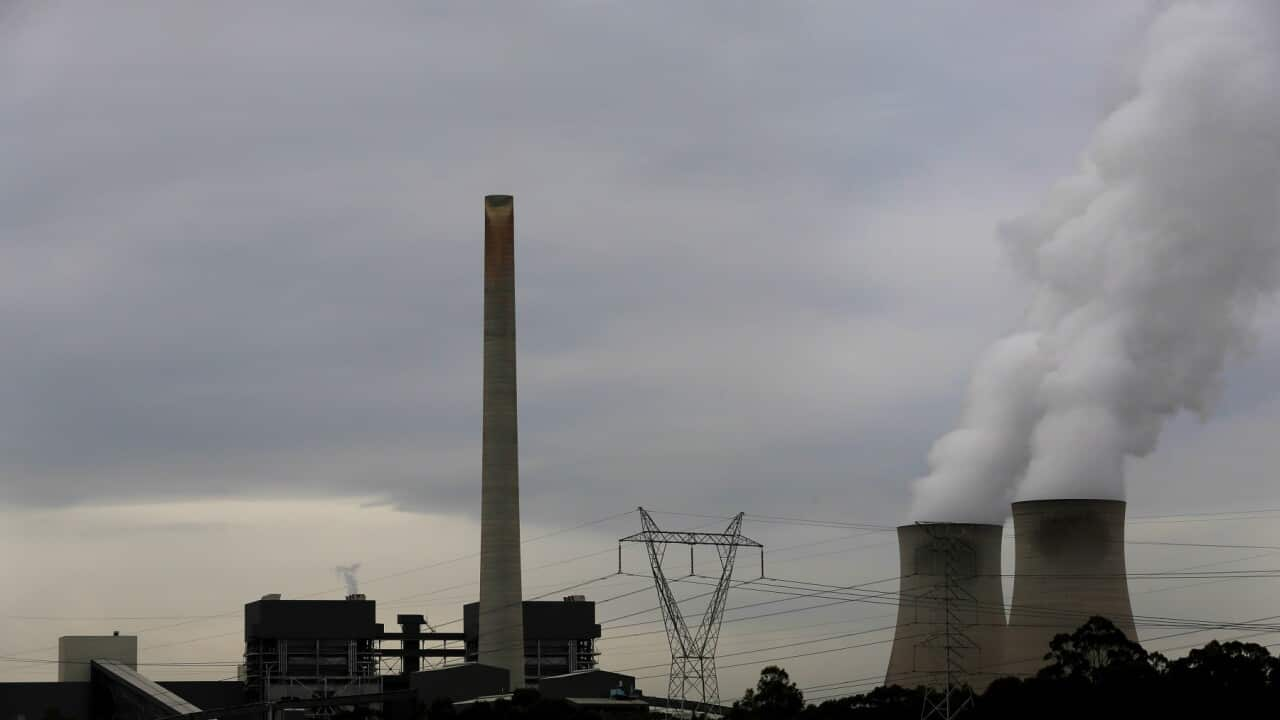TRANSCRIPT:
Global plastic production is an issue that experts say is on the brink of becoming unmanageable.
Professor Geoffrey Spinks from the University of Wollongong is among them.
"We're all familiar of course with the plastics that end up in the waters and the land causing litter and even breaking down into things like microplastics."
460 million tonnes of plastic are produced globally.
That’s estimated to double by 2040.
Plastics made from fossil fuels cause 3 per cent of greenhouse gases.
These numbers are prompting more demand for sustainable alternatives - like bioplastics - made from plant-based sources.
Dr Deborah Lau from the CSIRO says there are many advantages to bioplastics.
"It fills that gap as we transition away from our dependency on fossil fuels. They actually have a lower carbon footprint compared to traditional fossil-fuel plastics."
But disposing of bioplastics can be confusing, and Geoffrey Spinks says unclear labelling may be to blame.
"Some bioplastics are bio-degradable or even compostable and some are not. So if you have a label that says it’s a bioplastic, it doesn't necessarily mean it's suitable to go into a composting system or a biodegradable facility."
The CSIRO's Dr Lau says confusion over bioplastics can lead to them ending up in landfill or contaminating other recycling, which is prompting calls for clearer language.
“...which can be around raising awareness and understanding of the different symbols for certified compostable materials or bio-degradable materials, so that people can actually understand what that means and where those materials can go."
Currently bioplastics make up only one per cent of plastics in Australia.
Professor Spinks says cost is a huge factor.
"So I think we've got to see further research to reduce costs, certainly a scale-up of production to reduce cost - but also probably some regulation to encourage these practices to make them more economically sustainable."
If these challenges are tackled, experts say bioplastics offer a promising solution to reducing humanity's fossil fuel dependency - and plastic pollution.













